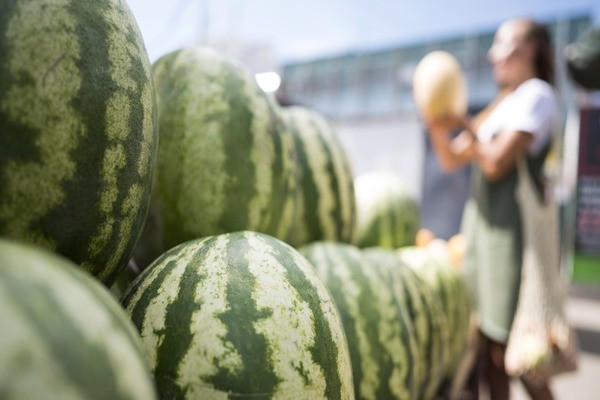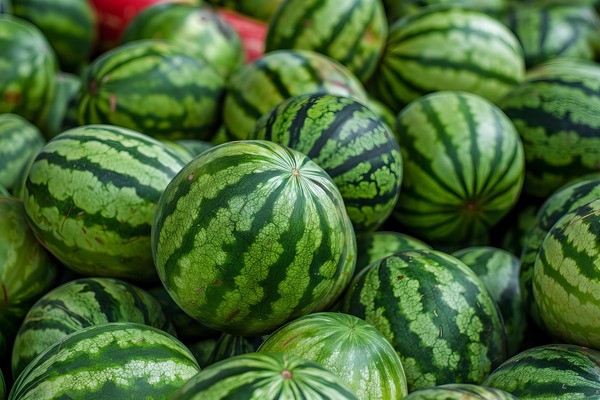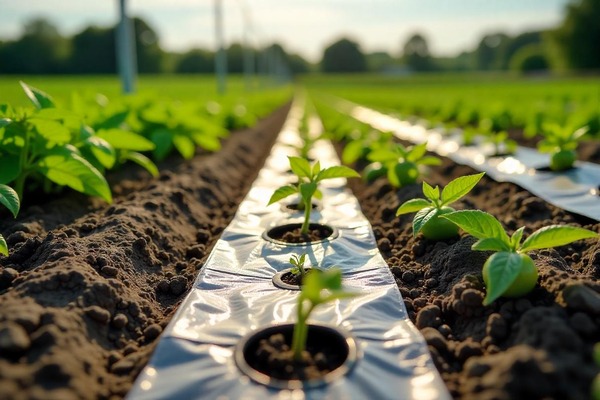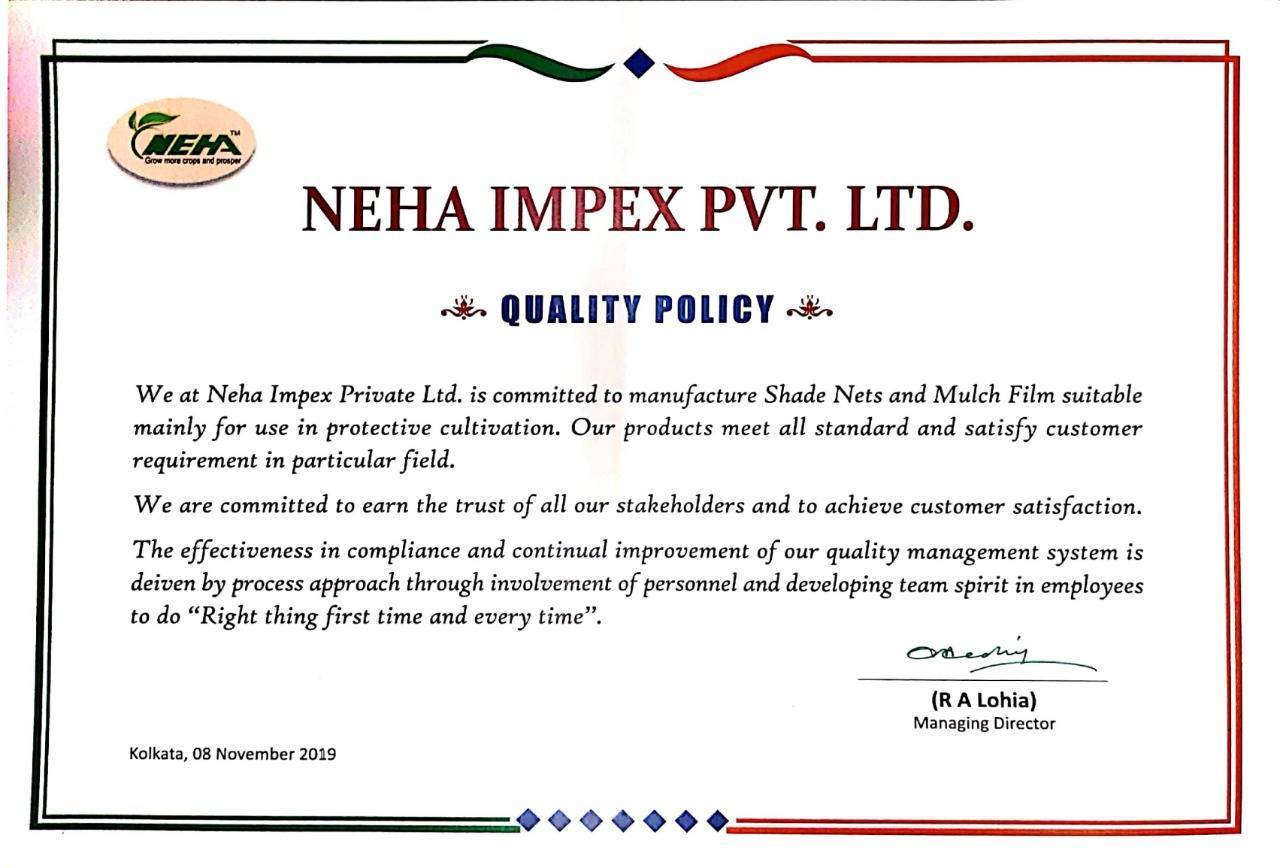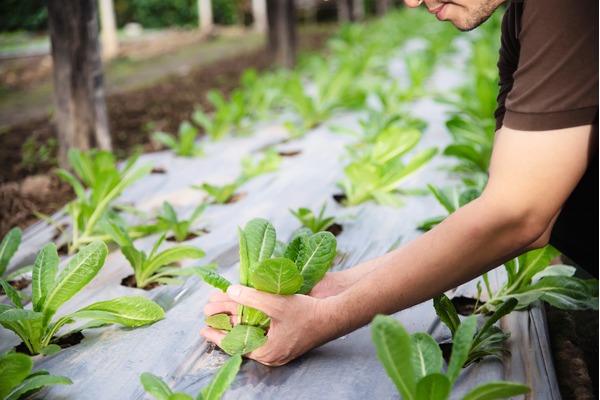
Today's agricultural practices require higher amounts of water in areas where frequent droughts or scarce water resources persist. Mitigation of such and other factors that militate against water use has been achieved by farmers through the establishment of several approaches to increase the utilisation of water without downplaying crop yields. Agriculture mulch film is one of these tools, and it has been found instrumental in minimising the loss of water and enhancing healthy plant development.
This blog talks about mulch film and how it works towards water-saving, making it a success in the market as an essential utility for farmers.
What Is It?
It is a protective covering, usually made of plastic or biodegradable spread over the soil on the farming fields. Mulch film performs several functions retaining moisture, controlling weeds and regulating temperature. Among all other advantages, one of the biggest advantages is saving water in that it prevents evaporation of the same from the soil, and hence, is an invaluable utility in areas that experience shortage or seasonal rainfalls.
How Agriculture Mulch Film Conserves Water
1. Reduces Evaporation:
Mulch film acts as a shield over the soil preventing direct sunlight and air, preventing the soil from getting direct exposure. Without such covering, moisture on the surface of the soil swiftly gets evaporated under the scorching heat of the sun. Blocking this exposure thoroughly, mulch film reduces water evaporation greatly, allowing moisture to stay in the soil longer. Farmers can now lessen frequent irrigation of their farms which not only saves them water but also saves some time for them.
2. Improved Water Retention:
Mulch films improve water retention in the soil. This is very important for the roots of plants since they require water the most. Mulch films reduce water movement and will leave plants enough time to absorb moisture, especially when planted in soil with fast drainage capabilities, such as sandy soils. This improves growth even during dry times while minimising the chances of crop drying.
3. Drip Irrigation Efficiency:
Mulch films work very well in combination with drip irrigation. In drip irrigation, water is delivered directly to the roots of the plants; hence there will be less surface evaporation. When coupled with mulch films, much more water will be retained as mulch film minimises excess water evaporation. The system will therefore consume up to 50% less water; that is why it perfectly suits farms that usually experience drought.
4. Stops Soil Crusting:
These mulching films also prevent soil crusting that is caused by the drying up of the topmost layer of the soil. Crusting prevents water from penetrating deeper into the soil; so, irrigation may not do the work efficiently. The topmost layer of soil, covered by the film of mulching, remains moist and soft; thus, it absorbs water and facilitates the penetration of the same towards plant roots more effectively.
Environmental Benefits Of Water Conservation With Mulch Film
The use of agriculture mulch film goes further than saving water - it provides various environmental benefits:
• Less Runoff:
The films of mulch prevent erosion while keeping the soil intact, hence reducing runoff. This therefore helps minimise the loss of fertilisers and pesticides into water sources that may lie nearby, thus affecting the ecosystem.
• Fewer Chemicals:
Furthermore, consistent soil moisture and a good weed suppression function have the added benefit of requiring fewer herbicides and fertilisers with the help of farmers in more sustainable agricultural practices.
• Energy Savings:
Water saving means a reduction of energy used in pumping and transporting water into the fields. Not only is there saving on operational costs but also the carbon footprint of the farm is reduced.
Choose The Right Mulch Film For Water Conservation
i) Plastic Mulch Film:
This is the most common type and retains moisture well. However, if not recycled responsibly or reused, it can lead to plastic waste.
ii) Biodegradable Mulch Film:
Eco-friendly, biodegradable films gradually dissolve into the soil when they have decomposed, thus replacing the mulch that has decomposed. Water quantity is conserved but without contributing plastic waste to the environment.
iii) Reflective Mulch Film:
Conserves water while reflecting the sunlight onto the plants to help grow crops because it exposes them to more light while maximising the receiving end. Its use is during cooler climatic conditions where more heat and light will be required.
Neha Mulch Films: A Smart Tool For Sustainable Farming
Read More: Agriculture Mulch Film And Pest Management: What To Know

